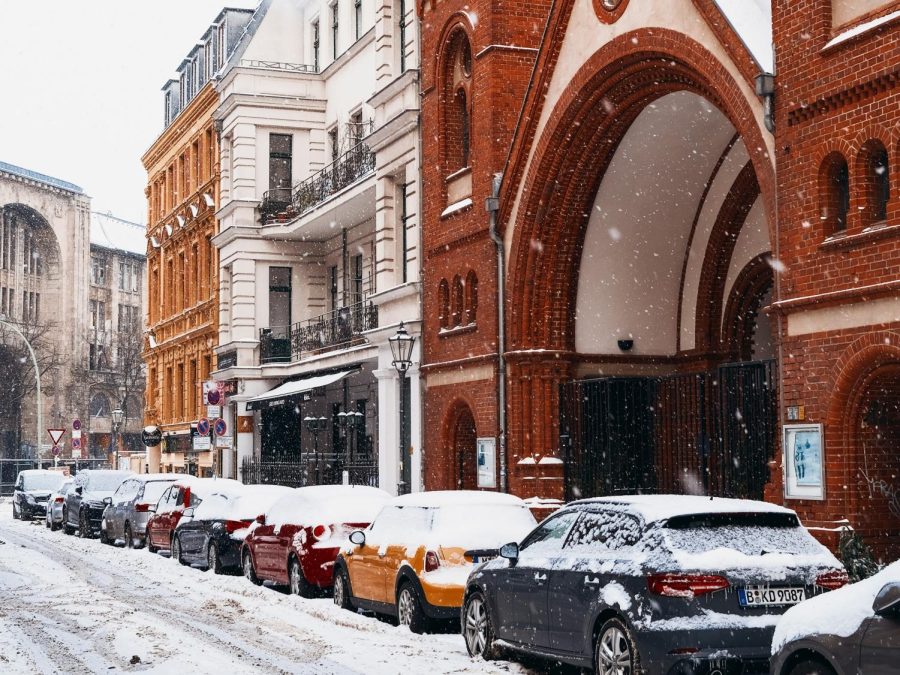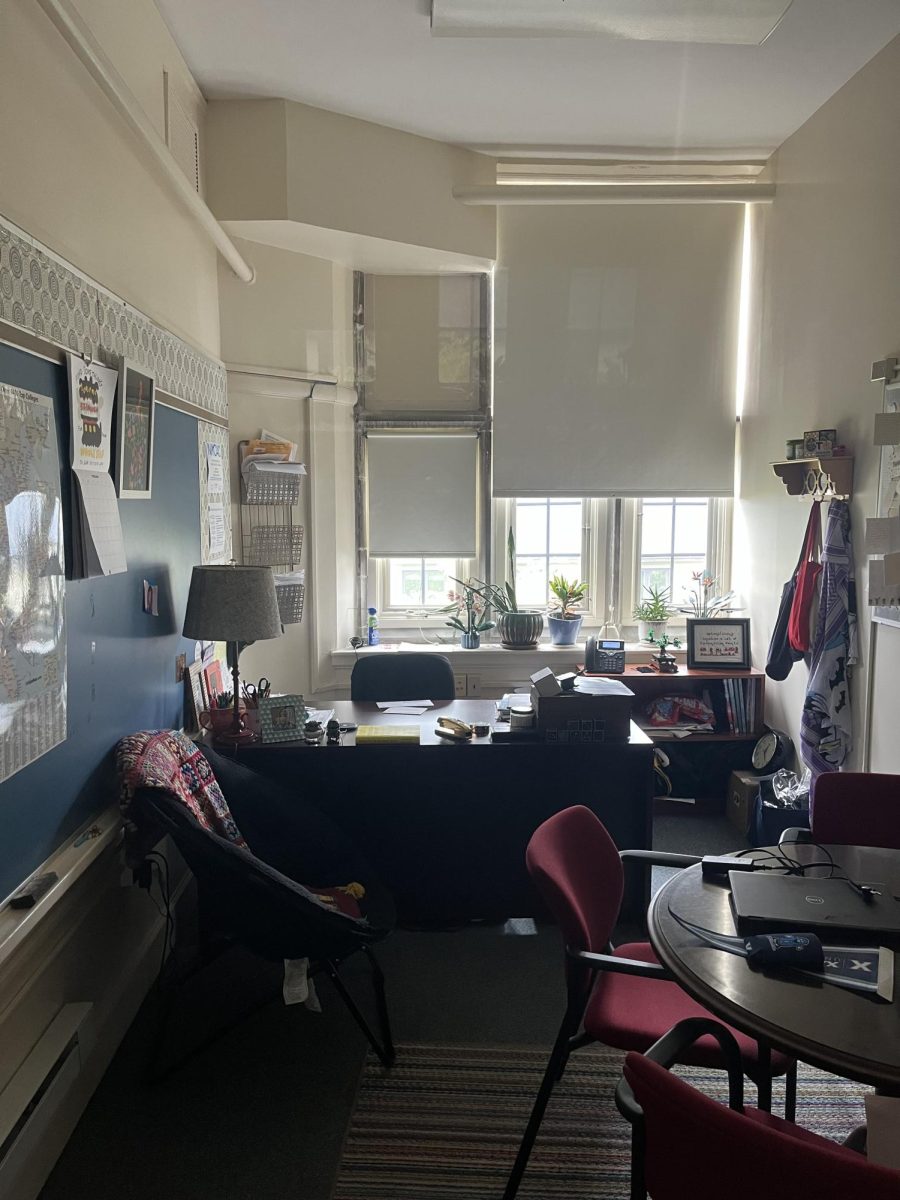On the Verge of a Crisis
How Russia’s war in Ukraine is pushing Europe toward a cold winter
Cars line a snowy street in Berlin.
October 31, 2022
A freezing cold bedroom. No power for days. Forlorn factories.
These might seem like apocalyptic horror scenarios. But this could be the harsh reality for me and many other Europeans this winter. Through the war in Ukraine, Russia has cut its gas exports massively, leaving us worried about our electricity and heat.
Forty percent of European gas is imported from Russia. Almost a fourth of European energy comes from gas. This makes Europe highly susceptible to gas cuts from Russia, which has been using this leverage for political purposes.
All of this adds to the existing economic crisis with record inflation, 10.4 percent in Germany (where I live) as of this October. Economic growth is slowing down, as more and more people are struggling to pay prices that only continue to rise. The gas crisis has caused these prices to rise even faster, and the resources to dwindle.
Gas prices had been rising before the war, when Russia started cutting off some gas from Europe. Several European countries imposed sanctions on Russian companies and important business personnel after the beginning of the war in Ukraine.
The result is that prices are exploding. Recently, Gazprom, Russia’s major mostly state-owned gas company, announced the closing of Nord Stream 1 – the main pipeline transporting gas to Central Europe – allegedly due to a leak. Gazprom has not said if or when the pipeline will be running again.
Gas is used for the generation of heat and electricity as well as industry, which might be one of the most direct victims of the gas crisis. Adopting alternative energy sources could be difficult, especially with coal prices rising due to the high demand. Some corporations might even abandon their markets in Europe or in general, in particular those for whom the lack of electricity causes their machines to degrade.
Just a 15% drop in gas could lead to a severe crisis all over Europe this winter, with rationing and power outages guaranteed. Germany has the highest amount of gas imports from Russia, at 56.2 billion cubic meters per year, so many regard this scenario with fearful anticipation. Obviously though, we are trying our best to avoid it.
In anticipation of a rough winter, many of us are trying to limit our use of resources. Every morning, I ventilate my room for only a short time. Leaving my window open for more than 15 to 20 minutes would be an inefficient use of heating energy. I also make sure that the hand of my heating regulator does not stray too far from zero. I have made it a custom to hit the lights every time I leave the room so as not to waste energy.
Meantime, my family has started a challenge to limit our showers to a maximum of five minutes. And we have made provisions for the winter: recently, we bought a fan heater, one of the close to a million heaters Germans have purchased this year. These are certainly not great restrictions on our daily life, but they might be key to reducing our later suffering.
A side effect of the enormous number of heaters purchased lies in a different energy sector: it has added to an overwhelm of utilities. In the winter, experts predict power outages in large areas, some days long. This would mean no water (depending on your accommodation), no light other than flashlights, no way to charge devices, and no way of communicating.
Imagining these possibilities makes me check twice if the temperature in my room is too high. Of course, as the entire nation – no, the entire continent – is looking toward the snow season with angst, countries are trying to act on a federal level.
In response to the gas crisis, countries are trying to switch to alternative energy sources. European countries have started importing the more expensive liquefied natural gas (LNG) from the US and Norway.
This means storage levels have been rising. Poland, for example, has used their full storage capacities to store LNG. At the same time, countries are aiding households and companies financially, through tax breaks and increases in child benefits.
In Germany, coal plants that were supposed to be shut down for climate reasons continue to be used. After an extensive public and internal debate, it was decided that two nuclear plants, which were about to be closed, should be revitalized, following Belgium’s example earlier this year. Will this help to mitigate the consequences of a war that – besides everything else – has taken the lives and homes of many? Maybe! But, will it solve the problem? Definitely not.
In addition, while my family will certainly be affected, there are millions of less economically comfortable families who will be more severely impacted. How are they going to pay for the exploding prices? Unfortunately, no one knows how exactly yet (even though some measures have been taken). In the midst of all of this chaos, there seems to be little hope for Europeans for a nice, cozy winter gathered around an aunt’s fireplace with extended family. Instead, we are sleighing backwards into uncertainty, trying to grab branches and trees on the sides, unsure of what awaits us.
Yet, recently, gas prices have fallen slightly because of the low demand from the price levels and the high LNG levels. Simultaneously, Europe’s transition to alternative types of energy has caused Russia’s economic leverage to dwindle.
Europe is uniting to fight the energy crisis together. How the winter will turn out is now a matter of solidarity among European countries, and a matter of responsibility for every person, including myself.


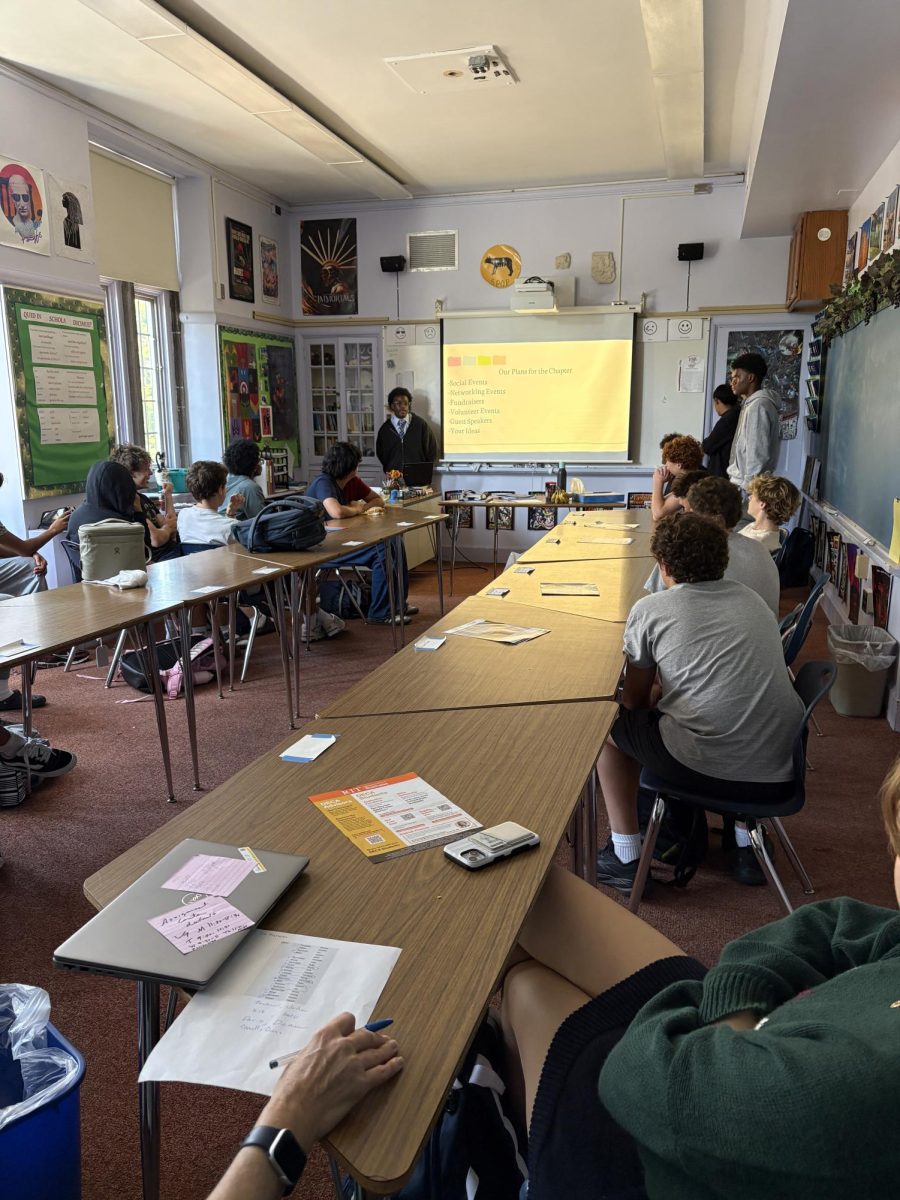
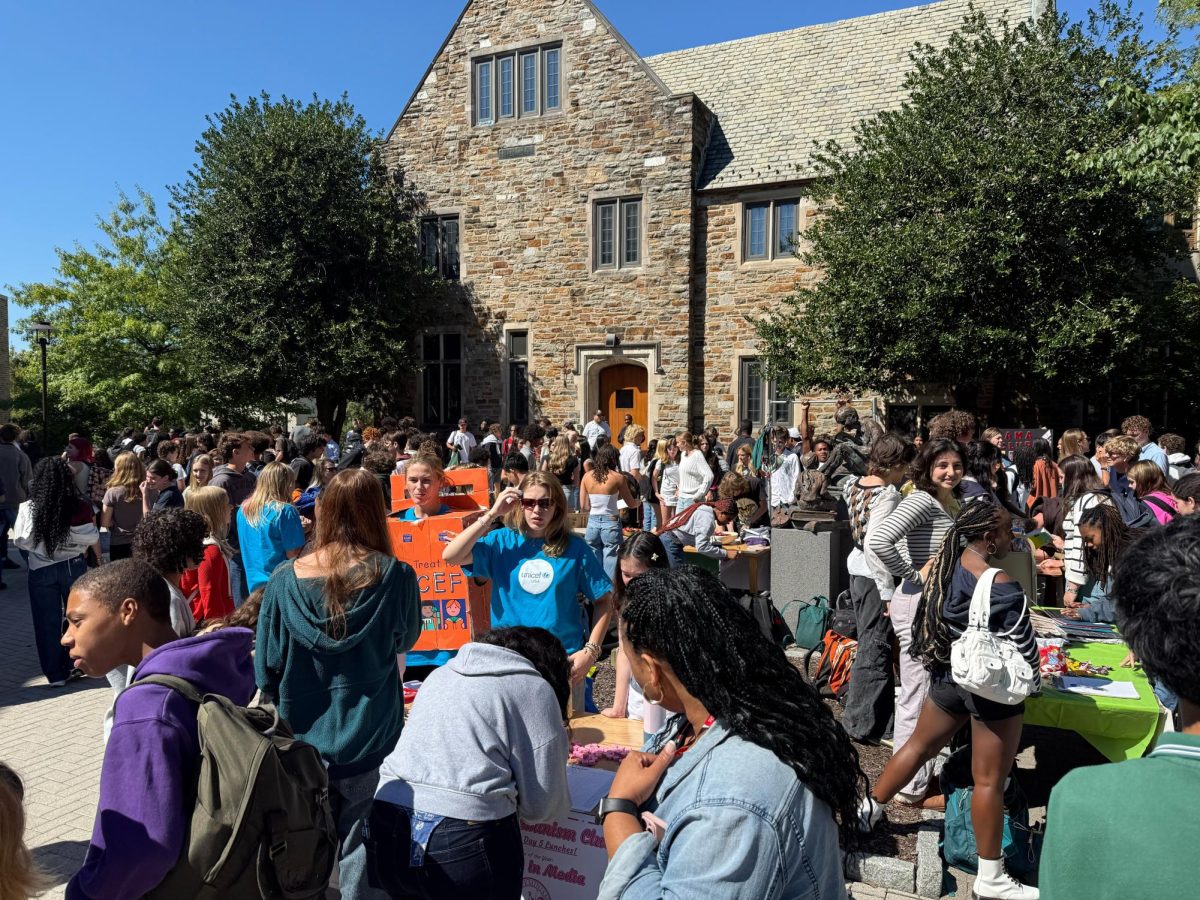





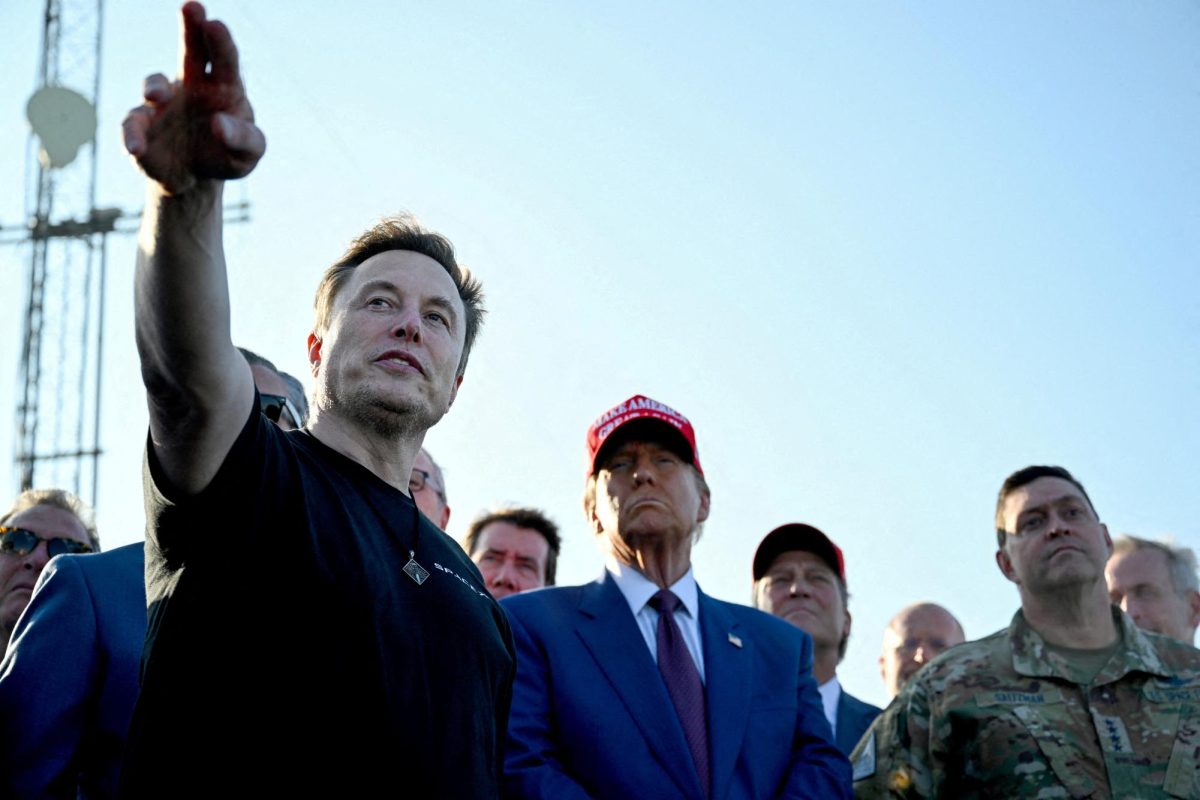


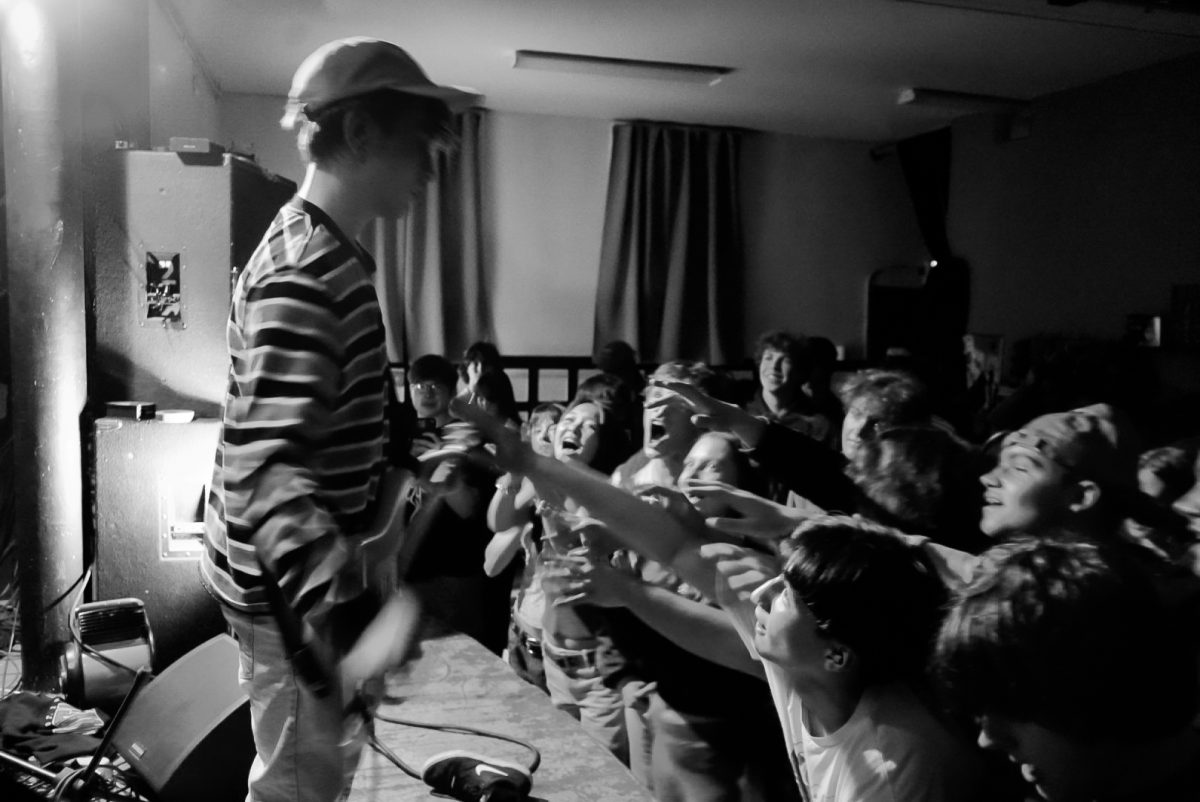

![How Freestyle Club Began [Podcast]](https://thequakerquill.org/wp-content/uploads/2025/05/charly-alvarez-Jv9untmB7G4-unsplash-1200x800.jpg)
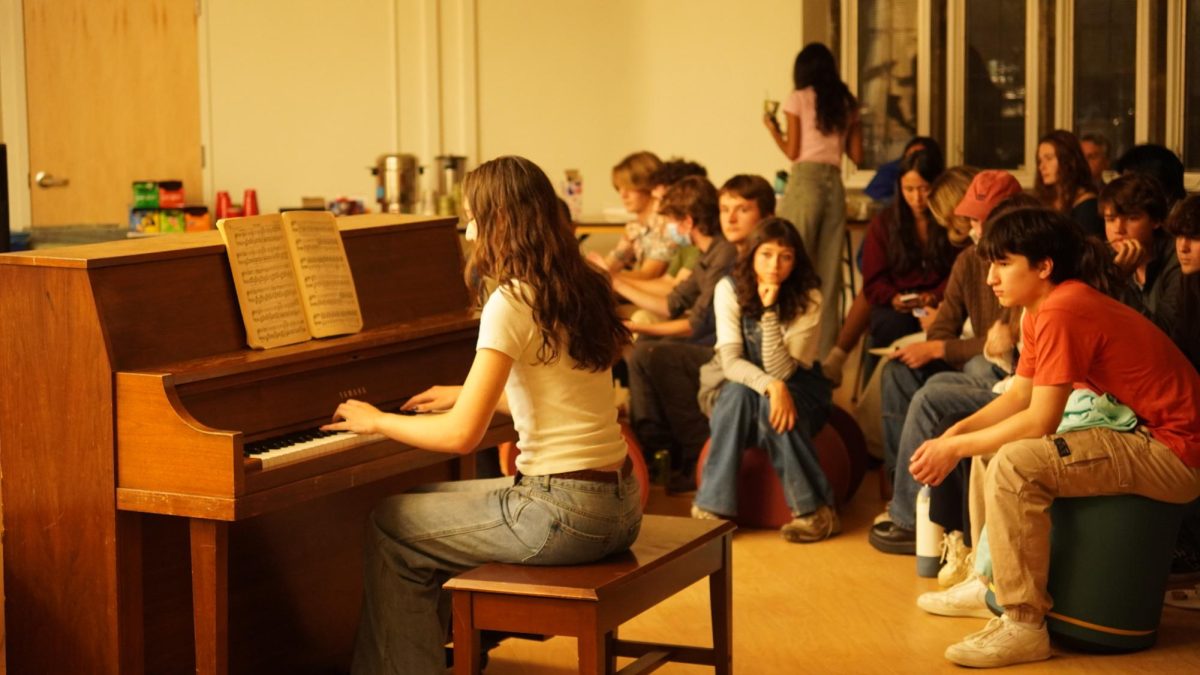







![What makes you feel good about yourself? [Podcast]](https://thequakerquill.org/wp-content/uploads/2025/10/madison-oren-uGP_6CAD-14-unsplash-1200x800.jpg)




![A Phone Ban at Friends? [Podcast]](https://thequakerquill.org/wp-content/uploads/2025/05/magenta-VrRT19_ZjUY-unsplash-1200x900.jpg)
